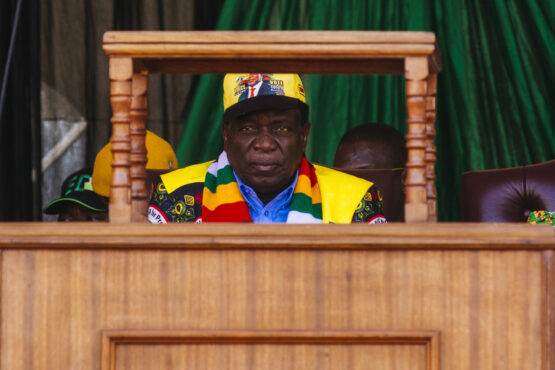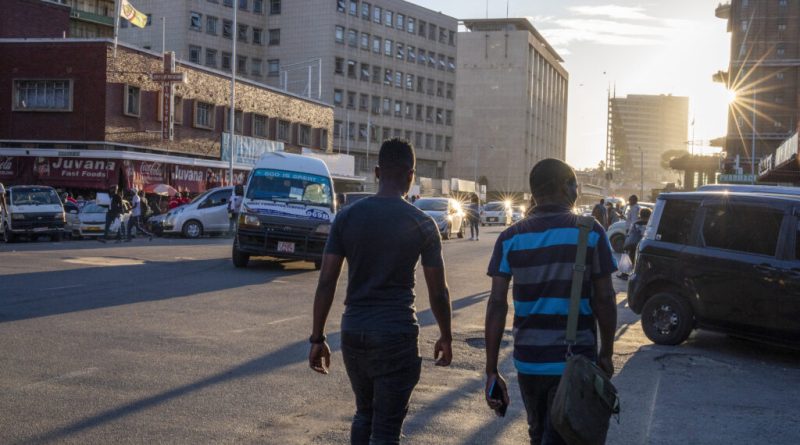Growing Protest Calls in Zimbabwe’s Major Cities Lead to Increasing Economic Impact
On Monday, Harare, the capital of Zimbabwe, and its second-largest city, Bulawayo, experienced a calm atmosphere despite calls for protests against the nation’s leader.
Law enforcement has heightened security in city centers while reassuring the public through a statement on X that individuals should “feel free to go about their daily activities.”

Emmerson Mnangagwa, President of Zimbabwe
ADVERTISEMENT
CONTINUE READING BELOW
The protests were organized by opponents of President Emmerson Mnangagwa, fueled by suspicions that he intends to extend his rule beyond his current term, which ends in 2028, despite his repeated assurances to the contrary.
Years of economic mismanagement and soaring inflation have aggravated public anger, leading to the collapse of multiple domestic currencies and forcing most citizens to conduct transactions in US dollars.
Supporters of Mnangagwa adopted a resolution at a ruling party conference in October advocating for him to remain in power.
“Mnangagwa claims he is a constitutionalist and will resign in 2028. However, many doubt his intentions as he has yet to retract the resolution,” wrote Peter Fabricius, a consultant at the Institute for Security Studies in Pretoria, in a note dated March 28.
Constantino Chiwenga, the First Vice President who, alongside Mnangagwa, orchestrated the military takeover that ousted long-time leader Robert Mugabe in November 2017, is viewed as the likely successor to the presidency. This has sparked speculation that he may secretly support the protest movement. The government, however, has denied any rift between the two leaders.
© 2025 Bloomberg
Stay updated with Moneyweb’s comprehensive finance and business news on WhatsApp here.

